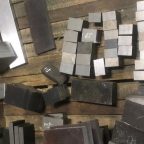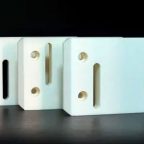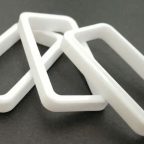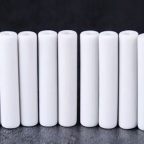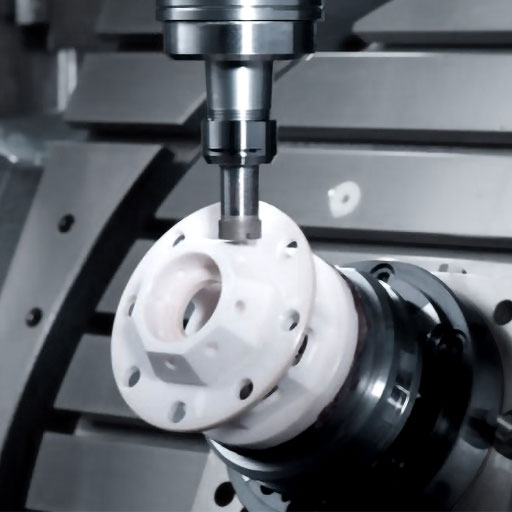According to the composition and properties of the binder, the binder can be divided into: thermosetting system, thermoplastic system and water-soluble system. Thermoset systems refer to a class of ceramic binders in which the matrix component is a thermoset resin, and has properties similar to thermoset resins. This feature makes the structure highly solidified after heating, which reduces the deformation of the green body during the debinding process and provides the required carbon element for reactive sintering;
But its disadvantages are poor fluidity and formability, difficulty in mixing with powder, and long degreasing time [17]. Thermoplastic resin is a binder with thermoplastic organic compounds as the main body, and its viscosity can be adjusted according to the size, distribution and molding temperature of the relative molecular mass of the polymer. Such polymers mainly include: paraffin wax (PW), polyethylene (PE), polypropylene (PP), polystyrene (PS), polymethacrylate (PMMA), etc., usually some plasticizers, Wetting agents and surfactants to increase the solid phase loading of the system.
The thermoplastic system binder has the characteristics of good fluidity, simple molding, easy process control, and high powder loading capacity; however, it is also disadvantageous that the degreasing time is long, and the green body is easily deformed by degreasing. The water-soluble system refers to a type of ceramic binder whose components are polyethylene glycol, cellulose ether and agar. Because it is a low-molecular-weight polymer and generally used in a small amount, the degreasing speed of the green body is fast, but the powder The small load is also its insufficiency
Pintejin machining ceramic service include : Alumina Ceramic Parts, Zirconia Ceramic, Silicon Carbide Ceramic, CNC Machined Aluminum Nitride Ceramic, Machinable Ceramic Parts, Glass Ceramic,Macor Ceramic,Powder Metallurgy Dies,Ceramic Injection Molding,Ceramic Dry Pressing,Ceramic Extrusion Dies
